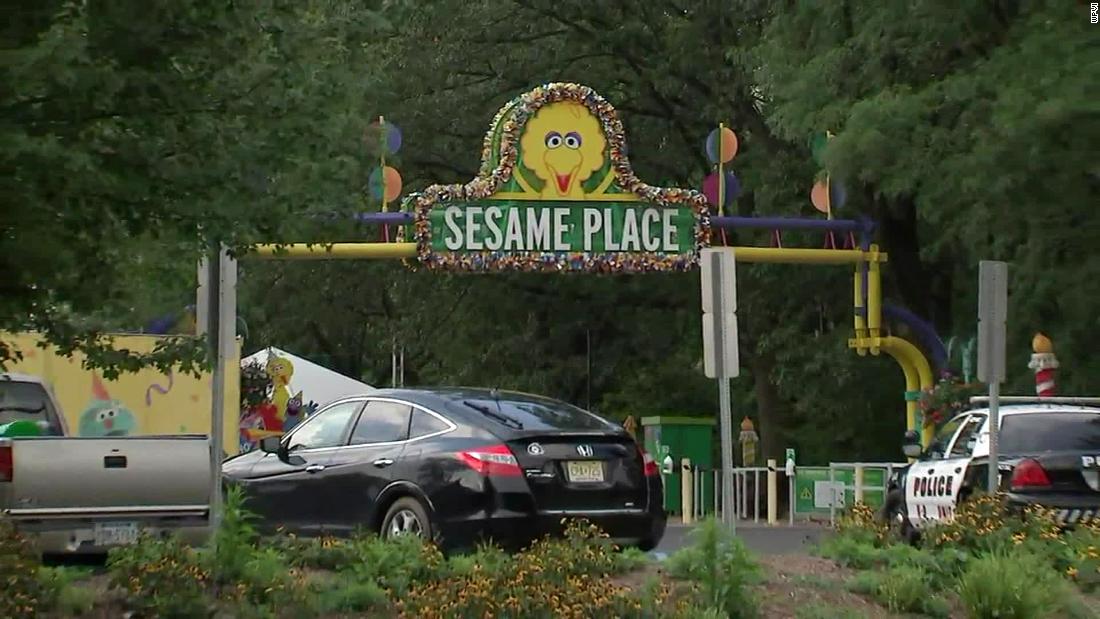Last month, a Black family accused Sesame Place Philadelphia character performers of racial discrimination and filed a lawsuit against parent company SeaWorld Parks & Entertainment in federal court in Pennsylvania.
The lawsuit, filed on behalf of Quinton Burns and his child, says that during their visit to Sesame Place in June, employees dressed as “Sesame Street” characters only interacted with White visitors during a meet and greet event.
By the end of September, all employees will undergo training and education programs led by national experts, Sesame Place said in a statement Tuesday. The programs are designed to address bias, promote inclusion, prevent discrimination and ensure guests and employees feel welcome, it added.
“Initiatives include a comprehensive racial equity assessment, the development and implementation of an anti-bias training and education program, and enhancements to ensure a best-in-class diversity, equity, and inclusion (DE&I) program,” it said.
“The racial equity assessment will include a review of policies, processes, and practices that impact guests, employees, suppliers and the community to identify opportunities for improvement.”
The training will become a regular part of workforce development, and will extend to all new employees.
“We have already begun engaging with employees, guests, civil rights groups as well as community leaders, and instituted some interim measures at the park while the review proceeds. The actions we are taking will help us deliver on our promise to provide an equitable and inclusive experience for all our guests every day,” said Cathy Valeriano, president of Sesame Place Philadelphia. “We are committed to making sure our guests feel welcome, included and enriched by their visits to our park.”
The lawsuit alleges that employees dressed as “Sesame Street” characters Elmo, Ernie, Telly Monster and Abby Cadabby refused to engage with the Burns family and ignored other Black guests in attendance.
The lawsuit did not specify the race of the employees or describe the interaction in detail. It came on the heels of a public apology from amusement park officials to another Black family after a video went viral on social media showing two Black children seemingly snubbed by the Rosita character.
In addition to monetary demands, the lawsuit asked the court to compel the defendants to issue a formal apology to Black Americans.
It also asked the company to conduct psychological screenings to avoid hiring racially mustachioed people, provide existing employees with mandatory cultural sensitivity training and hire a national expert to educate them on the history of discrimination against Black people in America.
CNN’s Lauren del Valle contributed to this report.
.
